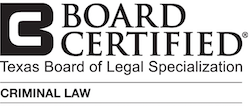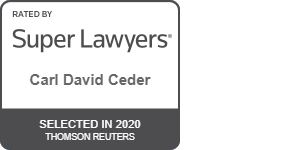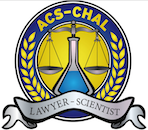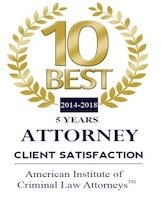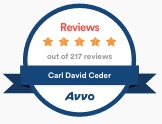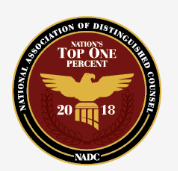Carl David Ceder earns the American Chemical Society-Chemistry and the Law Division "Forensic Lawyer-Scientist" Designation
I achieved the "Forensic-Lawyer Scientist" designation at Axion Analytical Laboratories, Inc. in Chicago sponsored by the American Chemical Society-Chemistry and the Law Division in September of 2017. The program and the training involved is devoted to intense study relating to the many phases of forensic testing, particularly in the context of criminal cases. I sought to gain this knowledge because I firmly believe that even the best advocate will not be able to achieve the most success without a firm understanding of the science behind criminal cases. I believe a successful lawyer must have both – excel at the art of oral advocacy, communication, and persuasion, yet coupled with a strong and sound understanding of the background of any forensic testing done in a criminal case.
To see my bio profile on the website, you can view it here:
http://www.forensicchromatography.com/acs-chal-forensic-lawyer-scientist-carl-david-ceder-from-texas
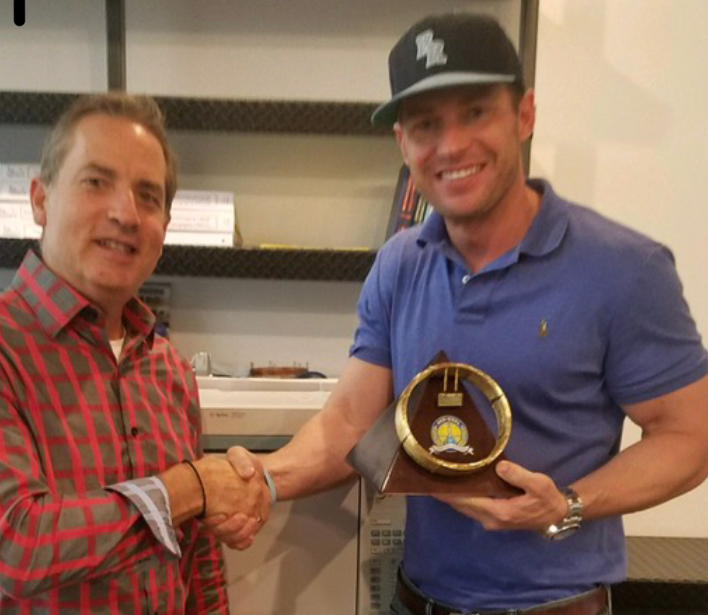 "
"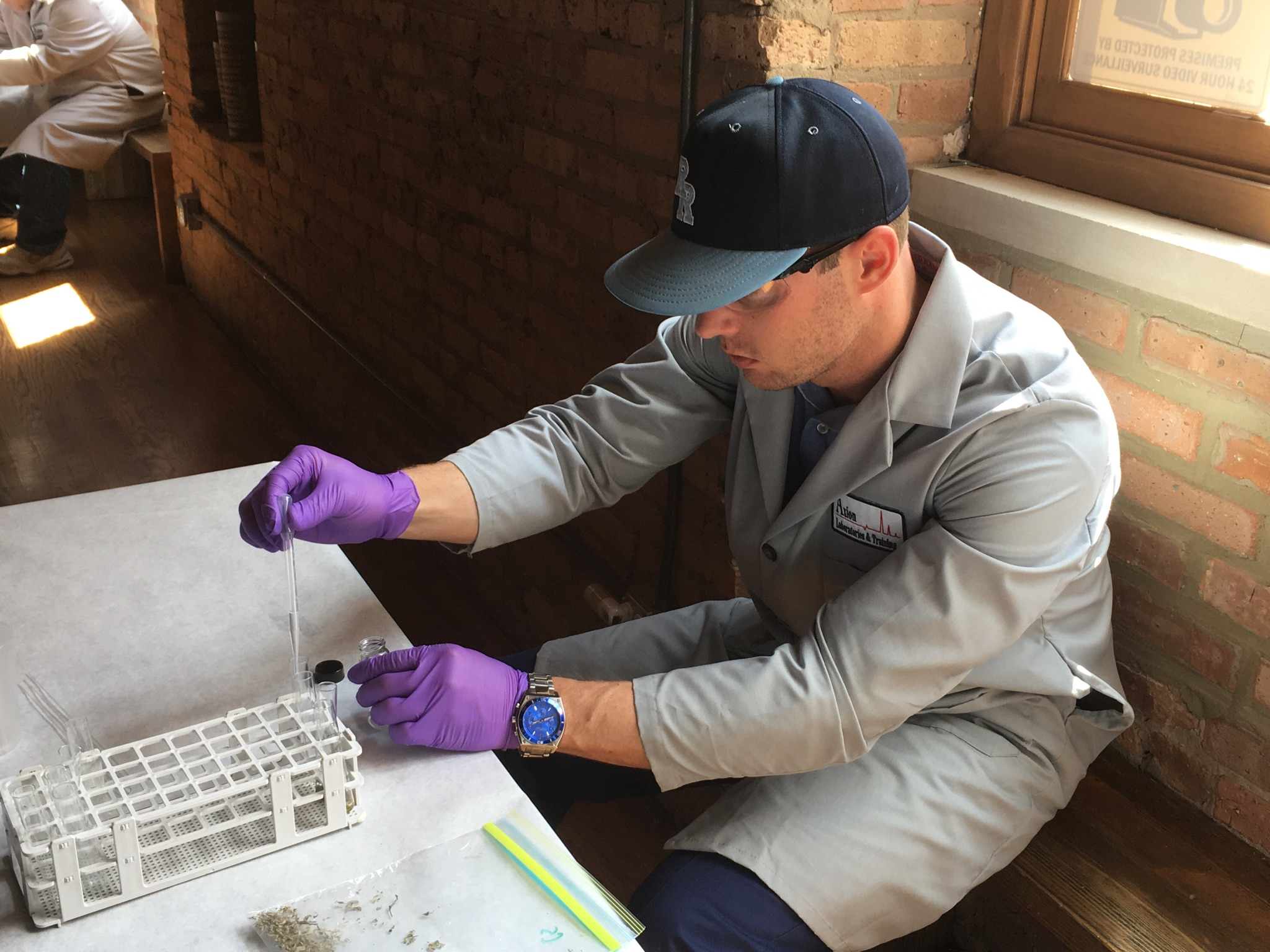
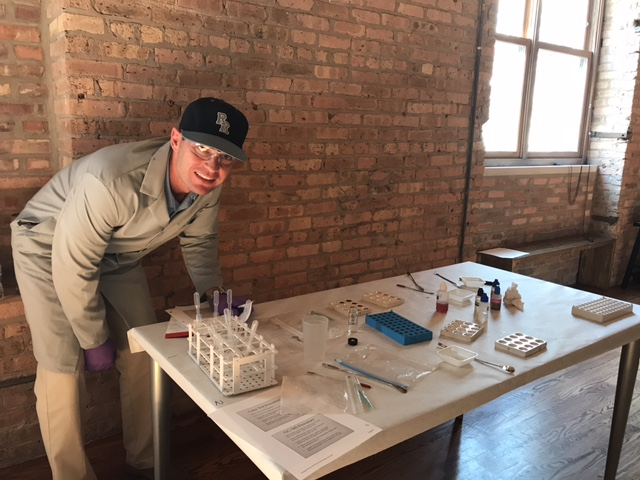
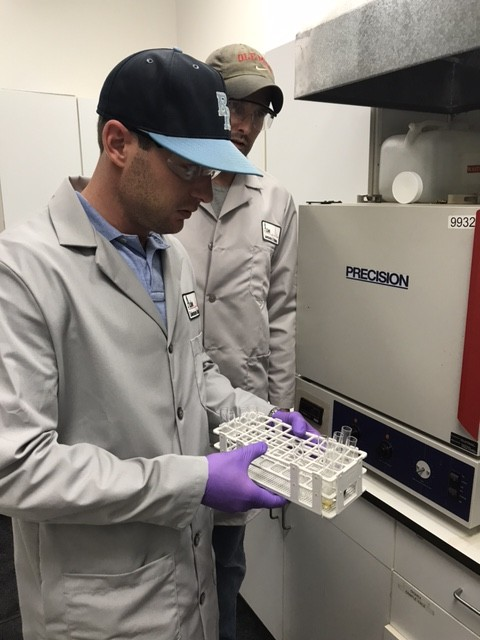
What is a Forensic-Lawyer-Scientist?
A lawyer-scientist is an attorney with a strong understanding of forensics, chromatography, toxicology, and other related fields, and utilizes this knowledge for the legitimate use in the court of law to best benefit justice. In plain English, this means that your lawyer knows just as much as the science behind the laws as the State’s experts who work in forensic laboratories and testify in criminal trials.
The official title is “The ACS Forensic Lawyer-Scientist Designation as recognized by the Chemistry and the Law Division of the ACS” but ACS-CHAL has approved a shorthand where the person who has earned the honor can say that he or she has earned “The ACS-CHAL Forensic Lawyer-Scientist." The ACS-CHAL Lawyer-scientist is a highly exclusive designation (less than 100 in the nation) given out by the Chemistry and Law Division of the American Chemical Society. In addition to their own independent studies, lawyer-scientists have to pass a series of forensic courses, pass a proficiency examination, maintain strong standing with the bar association and remain an active member of the ACS-Chemistry and the Law Division so that they can stay up to date on the latest scientific advances.
Description of the Program:
With more than 161,000 members, the American Chemical Society (ACS) is the world’s largest scientific society and one of the world’s leading sources of authoritative scientific information. The Chemistry and the Law Division (CHAL) has over 1400 members. A nonprofit organization, chartered by Congress, ACS is at the forefront of the evolving worldwide chemical enterprise and the premier professional home for chemists, chemical engineers and related professions around the globe. The ACS is dynamic and visionary, committed to “Improving people’s lives through the transforming power of chemistry.” This vision ─ developed and adopted by the ACS Board of Directors after broad consultation with the membership ─ fully complements the ACS Mission statement, which is “to advance the broader chemistry enterprise and its practitioners for the benefit of Earth and its people.” Together, these two statements represent the ACS’s ultimate reason for being and provide a strategic framework for our efforts.
The American Chemical Society sponsored through their Chemistry and the Law Division approves and provides for those seeking to achieve this designation by completing a series of 3 courses (one course has to be taken twice) which are offered for lawyers through Axion Analytical Labs in Chicago, IL. The ACS Education Committee has previously approved all 3 courses. Details on the 3 classes can be found here: http://www.forensicchromatography.com.
-The 1st class “Forensic Chromatography” involves DUI ethanol based analysis by HS-GC-FID;
-The 2nd class “Forensic Drug Analysis” involves the instrumental analysis of solid drugs in their pre-consumption form using FTIR, GC-MS, Colormetrics, Microscopy, Thin Layer Chromatography, etc;
-The 3rd class “Forensic Principles of DUID” involves the pharmacology of drugs, also driving issues in drugs, as well as instrumental analysis using GC-MS.
All 3 classes are hands-on classes with labs and actual sample development, testing, and data interpretation. We use the instruments, in the same way, using the same matrices in the Axion Laboratory as an analyst would in a forensic laboratory. They are wonderfully educational and wholly unique. The instructors of these courses wanted to place a strong emphasis on the attorneys who recognize and fully commit to trying to attain this designation and are 100% devoted to spending the time necessary to truly learned forensic science. It is something beyond simply an attendance based achievement, but also recognized retention of the highly specialized knowledge.
Eligibility for Forensic Lawyer-Scientist Designation:
To earn an ACS Forensic Lawyer-Scientist Designation as recognized by the Chemistry and the Law Division of the ACS, the prospects must complete coursework outlined below and then take and pass a proficiency test based upon what is learned in those courses. The official qualification criteria are as follows:
- One must be and remain a member in good standing with the ACS-Chemistry and the Law Division;
- One must be a lawyer in good standing with your state bar;
- One must answer questions put to you by CHAL about your bar status upon demand as well as your compliance with all terms and conditions of the designation;
- One must successfully complete the ACS Forensic Chromatography Course TWICE;
- One must successfully complete the ACS Solid Drug Dose (Forensic Drug Analysis) Course;
- One must successfully complete the ACS Forensic DUID (Forensic Principles of DUID) Course;
- One must pass a proficiency and knowledge examination based upon the courses;
- One must agree that the advertising and display of any credentials will be done only in a tasteful and ethical manner per the ACS and your state bar rules and per the language of “ACS Forensic Lawyer-Scientist Designation as recognized by the Chemistry and the Law Division of the ACS” or shortened simply to having earned “The ACS-CHAL Forensic Lawyer-Scientist Designation” or referring to the person as an ACS-CHAL Forensic Lawyer-Scientist;
-One must agree that these rules and terms may change without future notice or right to appeal.
Why Hire a Forensic-Lawyer Scientist?
To put it simply, hiring a Forensic Lawyer-Scientist can be the difference between a conviction and an Acquittal “Not Guilty” verdict. Unlike other lawyers who have not spend the time studying the underlying techniques for how chemical tests are analyzed, a Forensic Lawyer-Scientist will analyze the scientific factors at play in your case and bring any possible issues into evidence before or during your trial. Very few criminal defense attorneys can actually claim they have achieved an Acquittal “Not Guilty” verdict with a chemical specimen that is higher than a .08 BAC. Within just a few months of first obtaining his law license, Dallas-Fort Worth DWI Defense Attorney Carl David Ceder earned an acquittal on a .14 breath test case. As one of less than 100 "ACS-CHAL Forensic Lawyer-Scientists" in the nation, Carl will always try to utilize his firm understanding of forensics and toxicology to devote his full breadth of knowledge and training to any given case, and his ready and willing to stand up and challenge any forensic result in the defense of the accused in a criminal case.



